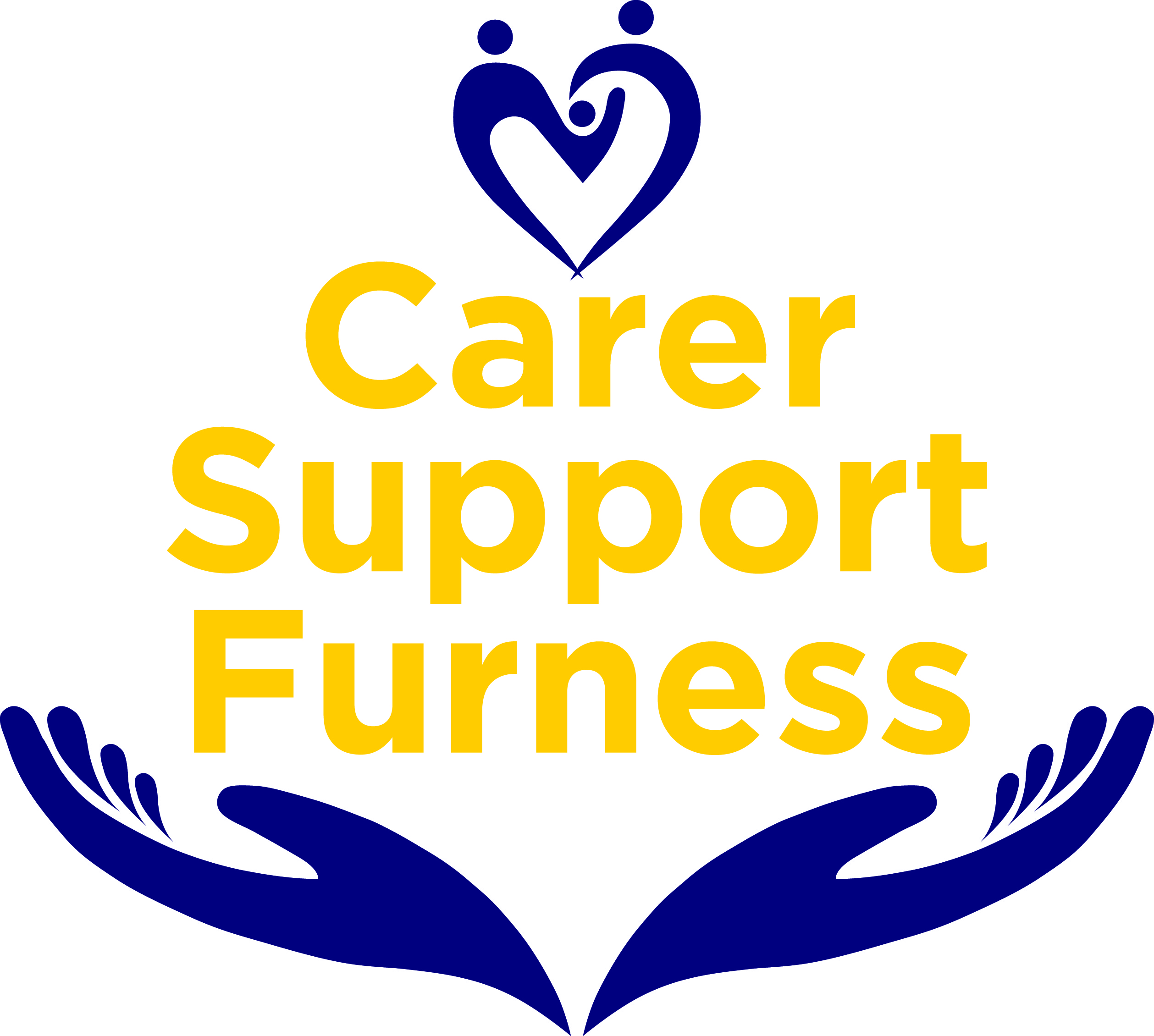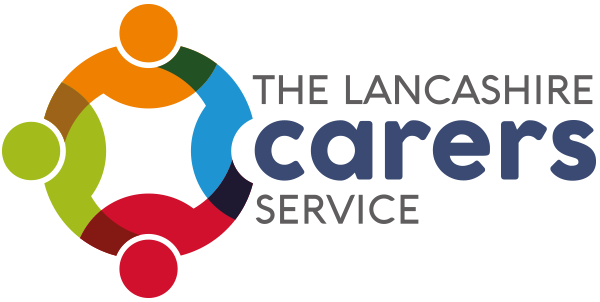Care Partners
A Care Partner is someone chosen by a patient from their family or friends to help them while they are in hospital.
There are visitors, and then there are special visitors…
We know that being in hospital is stressful and can make you, your family and friends anxious. Being in hospital can make the most ‘together’ person feel out of control. Within only a few days you may begin to ‘decondition’, when your muscles lose strength, you feel weak and lose the ability to look after yourself. This doesn’t only make the hospital experience difficult, it can harm your overall well-being and recovery.
We believe having the option to choose a Care Partner from your family or other support networks can make an enormous difference, both to your well-being in hospital but also when you can go home. When you come onto your ward a nurse will talk through your ‘care plan’ – what is going to happen to help you regain health. They will discuss with you what things you can do for yourself, and what things you think a Care Partner may wish to help you with. Care Partners work with you and the hospital team to do the best for you.
The Care Partner/Care Partners will be asked to report back to the nursing team the support and care they have provided during the period of the visit so that this can be documented in the patient’s Care Plan within the electronic patient record.
The Care Partner or Partners (you can have up to two) will need to agree they are available to come into hospital while you are there, and decide what aspects of care they can offer. They will also say when they can come in – when necessary and agreed this might be open visiting. This will all be documented in your health care record. Care Partner/Care Partners will be given identification, ways of contacting the ward and be made familiar with the layout of the ward.
What Can A Care Partner Do?
The Care Partner/Care Partners would have permission to visit the patient and to support with the agreed aspects of fundamentals of care which could include the following:
- Encourage and support with eating and drinking.
- Assist with personal grooming – shaving, brushing hair, washing face/hands. Help with showering/bathing patients when busy periods mean staff need extra assistance, if the carer is physically able.
- Making sure patients with glasses or contact lenses or hearing aids are using them and hearing aids have charged batteries.
- Assist with oral care – help to brush teeth/dentures.
- Help to take oral medication – the nurse remains accountable to check that the supplied medication has been taken by the patient but often patients need support or encouragement to swallow.
- Support with changing clothing, bringing fresh clothing and personal hygiene items.
- Communicating and offering emotional support and help the patient to keep active by helping with bed/chair exercises & mobility as directed by the nurse, physio or occupational therapist.
- Keep patients intellectually stimulated by chatting, bringing magazines/newspapers or books, and encouraging or helping patients to read, or to read to them. Or bring IT equipment such as laptops or smart phones to show films or seek out other entertainment.
- Support with discharge planning if appropriate.
The Care Partner/Care Partners should be encouraged to feel able to suggest other necessary support they see as needed or desirable.
Care Partner/Care Partners are named individuals – the role cannot be transferred to another family member or friend unless there is a clear reason, the patient is in agreement and the change has been discussed with and cleared by the nursing lead.
The nominated Care Partner/Care Partners will be informed that if they developed symptoms of any communicable condition such as diarrhoea, vomiting, colds, flu, Covid-19, or are unwell in any way, they must not attend the ward.
We will promise Care Partners:
- To give them information and support.
- To identify them as a point of contact.
- To treat them as an equal and expert partner.
- To listen to them.
- To understand their role of care partner.
For additional information or for support you can also contact one of the following Carer organisations:
|
Carer Support Furness Telephone: 01229 822822 Email: admin@carersupportfurness.co.uk |
 |
|
The Lancashire Carers Service Telephone: 0345 688 7113 Email:enquiries@lancscarers.co.uk https://ncompass.signvideo.net/
|
 |
|
Carer Support South Lakes Telephone: 01539 815970 Email: admin@carersupportsouthlakes.org.uk |
 |
Date of Publication: 07/06/2024
Reference code: IND002/PIL231
Date of next review: 01/06/2027

